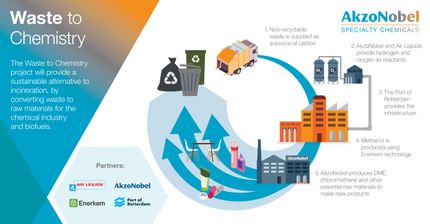BASF’s first production plant for chemical catalysts in Asia opened
BASF celebrated the official opening of its new, world-scale chemical catalysts manufacturing plant in Caojing, Shanghai, China. The new plant is BASF’s first chemical catalysts manufacturing facility in the Asia Pacific region.
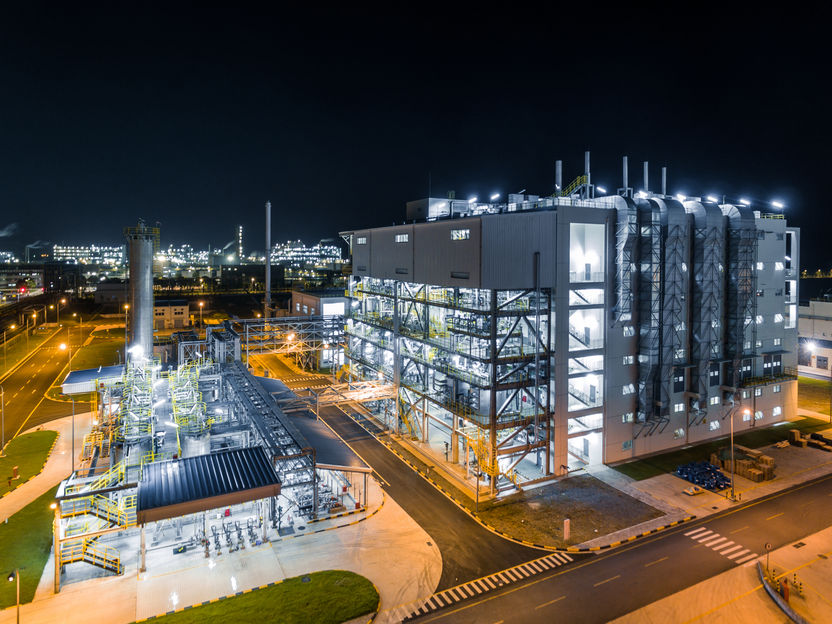
BASF’s new world-scale chemical catalysts manufacturing plant in Caojing, Shanghai
BASF SE
The BASF wholly-owned plant is located in the Shanghai Chemical Industry Park (SCIP) in Caojing. It will serve the growing chemical industry in China and around the Asia Pacific region, with base metal catalysts and absorbents. The plant will be highly automated and energy efficient.
The opening celebration took place today with guests from the chemical industry, construction partners and local government officials. “The start of our new, world-scale production plant for chemical catalysts in Shanghai represents a milestone for our process catalysts business. 60% of the world’s chemical production will happen in Asia by 2020, with more than half of this in China,” said Detlef Ruff, BASF’s Senior Vice President, Process Catalysts. “Local production will significantly help us strengthen our relationships with customers from the chemical industry in Asia and further enhancing the customer experience with improved product availability and shortened lead times. In combination with the BASF Innovation Campus Asia Pacific in Shanghai, we can now offer our customers regional specific development and production of the latest catalyst technologies. The plant also offers potential for additional expansion as well as flexibility to adapt to new customer production requirements in the years to come.”
“Together with our partners, BASF has invested CNY 19.7 billion as of the end of 2016 (approximately € 2.5 billion[1]) in state-of-the-art production located in Caojing. What we produce here directly supports the development and modernization of Chinese industry. Our solutions improve efficiency and sustainability in the chemical industry and other industries, and reduce reliance on imports, thus enhancing competitiveness of our customers in light of supply-side reform,” said Dr. Stephan Kothrade, President Functions Asia Pacific, President and Chairman Greater China, BASF. China’s supply-side reform aims to manage market capacities and boost innovation.
Leveraging experience from the eleven chemical catalyst manufacturing sites around the world, the new plant will use cutting-edge production technologies to manufacture innovative catalysts and adsorbents. These are used, for example, in the production of fatty alcohols, styrene, butanediol. BASF adsorbents are used in many applications to remove impurities from product streams, for example to purify olefins. Butanediol is a raw material in the production of THF and poly-THF (Spandex), while poly butylene terephthalate (PBT) is used predominantly in engineering polymers. Styrene is for example polymerized into polystyrene, which finds applications in packaging or insulation for buildings. Fatty alcohols are used as detergents and surfactants, typically used in cosmetics and in the food industry.
The new site will be supported by the new Process Catalyst R&D Center, located within the BASF Innovation Campus Asia Pacific in Pudong, Shanghai, which is focusing on the development of new process catalyst to meet specific needs in Asia. With strong research competencies in catalyst preparation, scaling and performance evaluation, this R&D Center will further strengthen the collaboration with partners in the region, and will provide support to the new chemical catalyst manufacturing site.
Organizations
Other news from the department business & finance

Get the chemical industry in your inbox
By submitting this form you agree that LUMITOS AG will send you the newsletter(s) selected above by email. Your data will not be passed on to third parties. Your data will be stored and processed in accordance with our data protection regulations. LUMITOS may contact you by email for the purpose of advertising or market and opinion surveys. You can revoke your consent at any time without giving reasons to LUMITOS AG, Ernst-Augustin-Str. 2, 12489 Berlin, Germany or by e-mail at revoke@lumitos.com with effect for the future. In addition, each email contains a link to unsubscribe from the corresponding newsletter.
Most read news
More news from our other portals
Last viewed contents
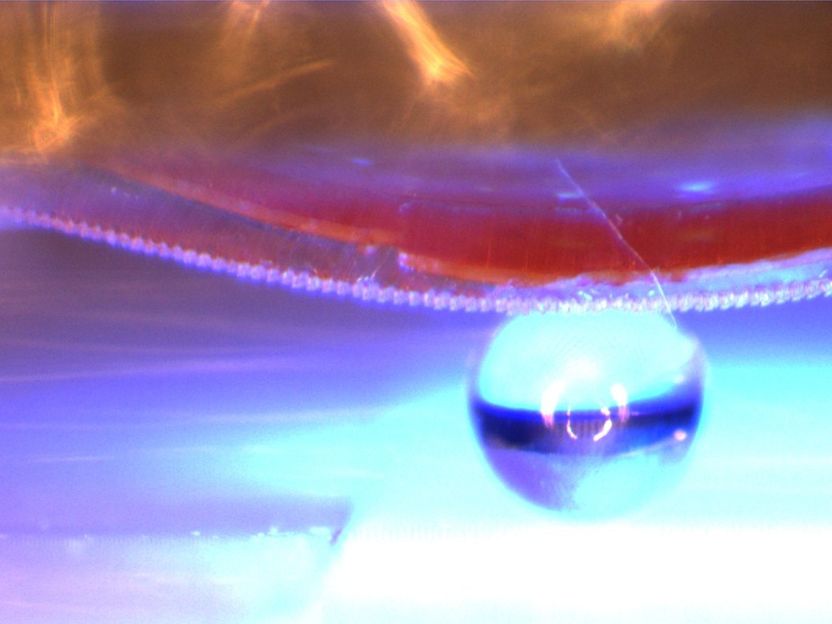
Controlling adhesive material remotely with light - Bioinspired intelligent material transports micro-objects
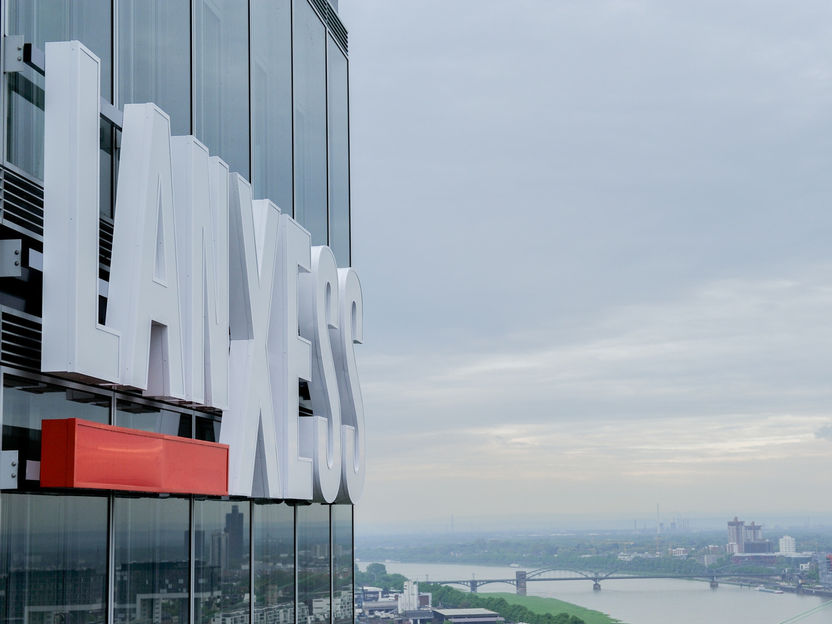
LANXESS to sell organic leather chemicals business to TFL - TFL will take over all operations of the organic leather chemicals business line from LANXESS with a total of around 460 employees

Sustainable zinc-ion batteries for the energy transition - Research project aims for rapid industrial implementation
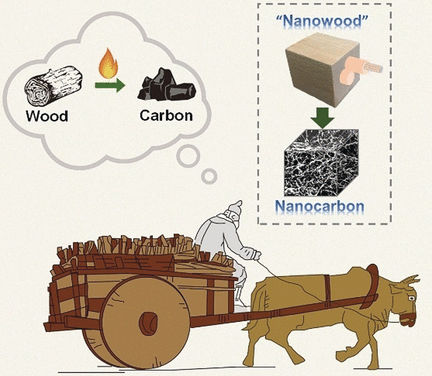
Wood to Supercapacitors - Electrode materials from ultrathin carbon nanofiber aerogels derived from cellulose

